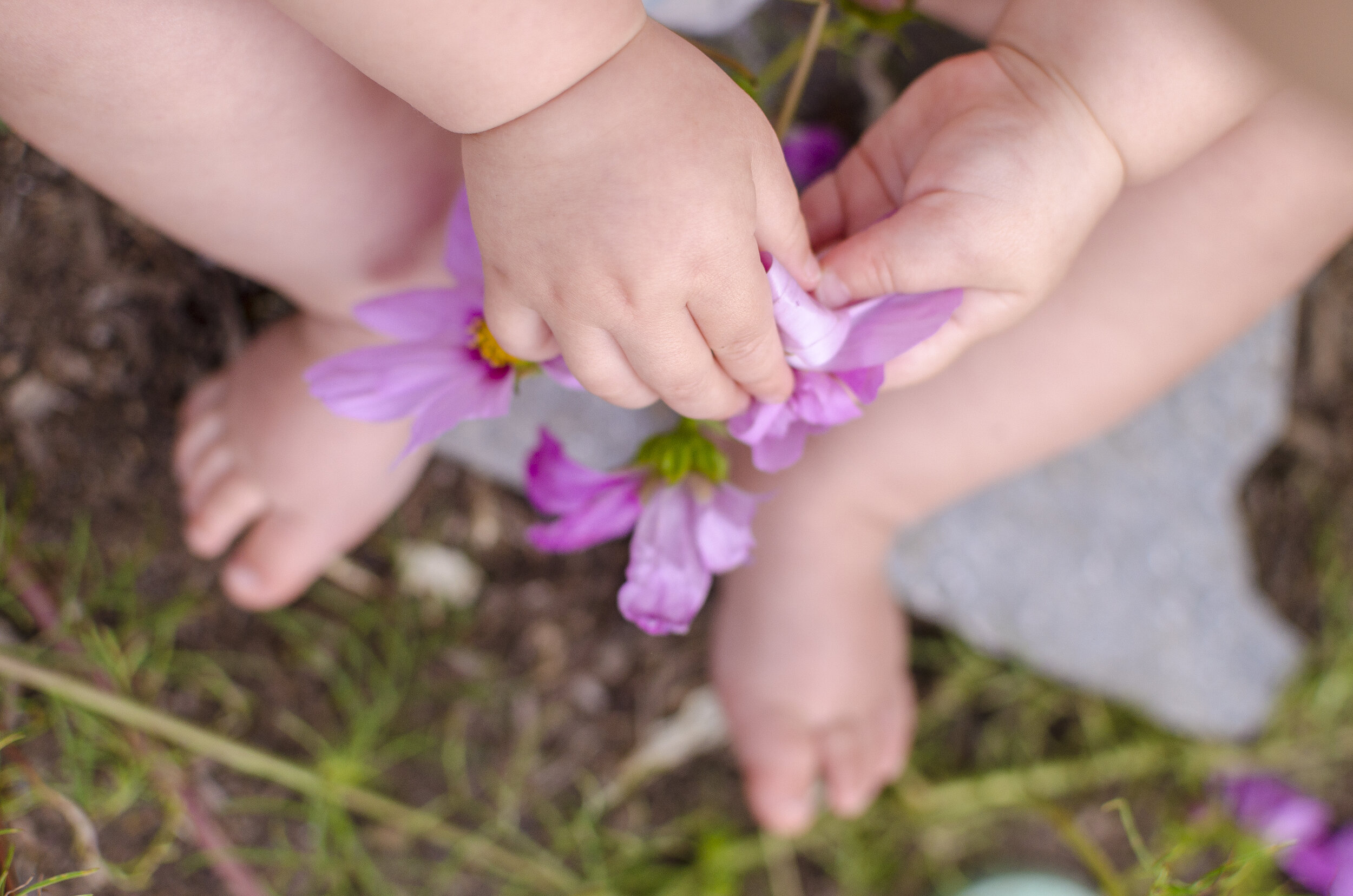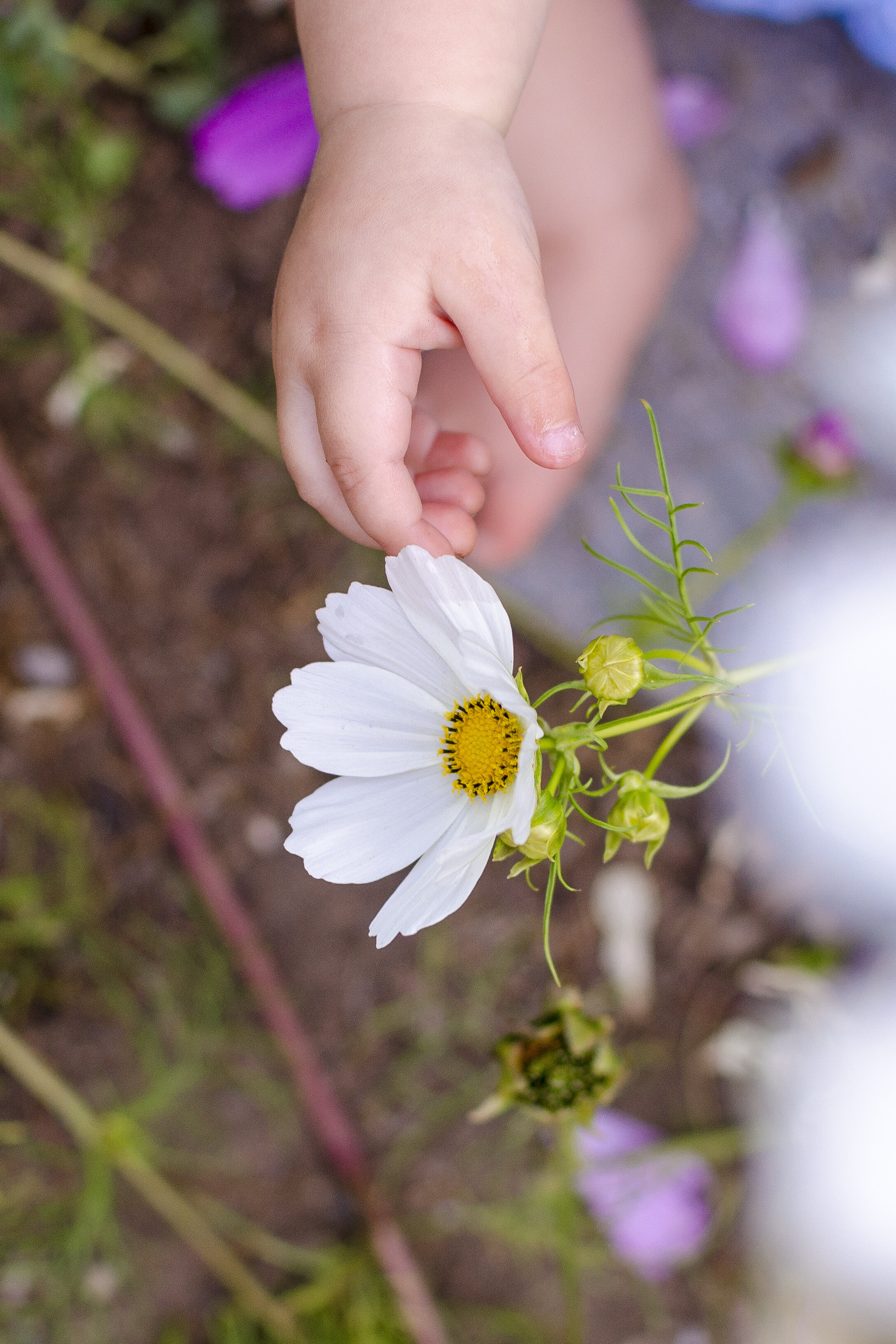just be
/At that time the disciples came to Jesus, saying, “Who is the greatest in the kingdom of heaven?” And calling to Him a child, He put him in the midst of them and said, “Truly, I say to you, unless you turn and become like children, you will never enter the kingdom of heaven. Whoever humbles himself like this child is the greatest in the kingdom of heaven.
“Whoever receives one such child in My name receives Me, but whoever causes one of these little ones who believe in Me to sin, it would be better for him to have a great millstone fastened around his neck and to be drowned in the depth of the sea.”
Matthew 18:1-6 ESV
One of my favorite things is watching Clara get lost in her own little world of play. She appears to forget all about me as she unstacks blocks, pulls apart puzzles, pretends to burp her baby dolly, or examines the intricacies of a stick of lip balm. She is sometimes silent, but more often chatting softly to herself and her toys. “Bah! Tickatickaticka. Oooh.” Sometimes one of the cats, watching a bird or a squirrel through the sliding door, catches her attention. “Tor!” she might exclaim, and make a beeline to enthusiastically pat him on the head, which he endures with a longsuffering grimace. When he inevitably loses patience and saunters away, she picks up her tiny Lowly Worm Word Book and practices pointing to each little picture, pretending to read the words.
Before Clara, the only real experience I could call upon to interpret a Bible passage like this one from Matthew 18 was my own dim memories of being a young child. That helped some, to be sure, but I obviously can’t remember anything from the purest childlikeness of being just a year old, all my needs lovingly met and not a care in the world except whether I could coordinate putting one block on top of another without toppling them both over.
Now I think I see: Jesus’s disciples wanted to know what kind of rankings exist in God’s kingdom—what kind of righteousness demands the highest reward—and Jesus pointed them to the ones who never would have thought to ask such a question.
Clara’s life is about 60% sleep, 30% play, and 10% food. She doesn’t have any goals or checklists when she gets up in the morning except to grow, to learn, and to let me meet her needs. She’s not concerned with being good at anything or earning her keep or leaving a mark on the world. She’s content to just be.
Whoever humbles himself like this child is the greatest in the kingdom of heaven.
We get a glimpse of this as God’s initial intention all the way back in Genesis, when He charged His image-bearers to “Be fruitful and increase in number; fill the earth and subdue it” (Genesis 1:28). They were to be cultivators and keepers, partners with Him in the joy of creating and caring for what was created; they were to increase the numbers as well as the borders of this garden paradise until it covered the whole of Creation.
Obviously, the story went awry, and that was never achieved. But the vision is still pertinent, for the King has come, and He is taking His Creation back! This is not the time for distractions of legalism or delusions of grandeur. It’s time to become children again.
It’s time to rest in the generous provision of the Lord. It’s time to do away with self-important pursuits of individual impact. It’s time to stop asking what more we can do to please God and simply trust Him, for in this, He is pleased.
I think He delights in watching us love our spouses, raise our children, care for our neighbors, and create beauty in the world much as I delight in watching Clara interact with her toys and learn how to be a person. I’m not annoyed with her for not helping me make dinner; her job is merely to receive dinner once it’s done, and to enjoy her little world in the meantime. Likewise, it’s not about what I accomplish in my lifetime to show for the years God gave me, but about what He is accomplishing over the course of millennia as He guides history to its stunning climax: to a New Creation, an everlasting reunion of God and His people who were rent apart by sin. My job is to rest in Him, to receive from Him, and to glorify Him, which in its most honest form is usually a rather un-glorious-looking matter—but nonetheless beautiful.








